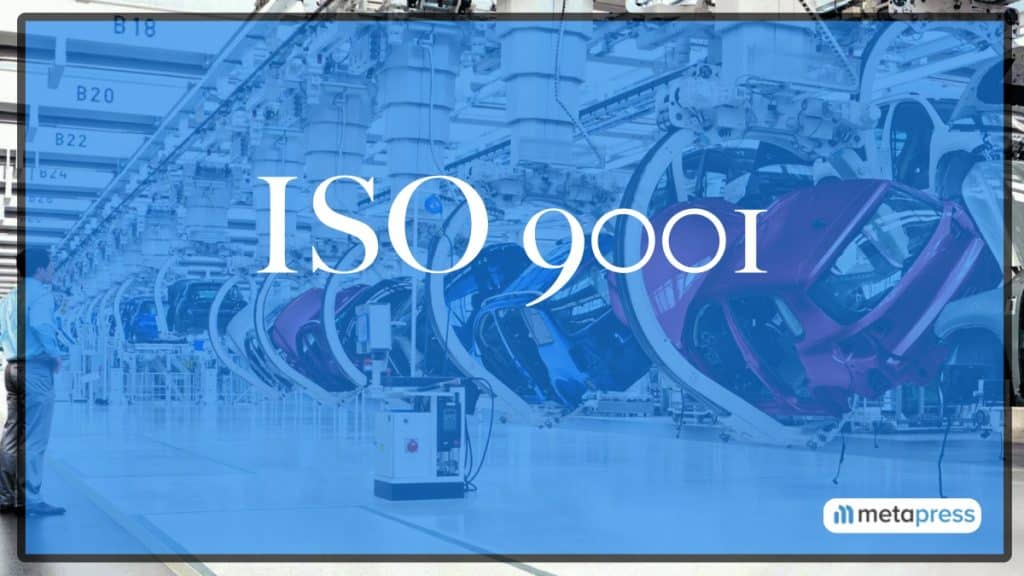As your business expands, you’ll need help becoming more efficient and enhancing client satisfaction. Furthermore, quality difficulties may arise in any firm, and you must devise the best plan to avoid this from occurring.
To achieve this goal, ISO requires you to identify potential risks to your organization and control them in an organized manner.
So, what is it exactly? Who needs it, and, more importantly, why is it advantageous? Continue reading to learn more.
What exactly is ISO 9001?
Organization for International Standardization (ISO) 9001 is an international standard that specifies quality management system (QMS) requirements.
Organizations utilize the standard to demonstrate their ability to consistently provide products and services that meet their consumers’ needs and the standards of regulatory bodies.
The ISO facilitates global trade by providing uniform standards for many countries. These rules are intended to ensure the safety, dependability, and high quality of products and services.
Who should make use of ISO 9001?
ISO 9001 applies to any firm, regardless of size or industry. The ISO 9001 standard criteria have improved the quality management systems of over one million businesses in over 160 countries.
Following the ISO 9001 standard assures that the organization is well-organized, efficient, and constantly improving its procedures.
ISO 9001 certification process
Initial Assessment
The procedure starts with an optional gap analysis, which compares your management system to each clause of ISO 9001:2015.
Document preparation
As the second stage, you must do a desktop assessment to examine your management system documentation, including policies, processes, management review records, scope and context, and system implementation. It lays the groundwork for the stage three evaluation.
Verification
To obtain certification for your systems, you must prove that the established requirements of the standard are applied throughout the organization. Meetings with key individuals in your firm are held in the company’s offices and grounds.
Certification
Once your stage three assessment has been validated, and the procedure has been completed, you will be granted a three-year ‘Statement of Certification’ demonstrating compliance with the appropriate standard.
Ensuring Compliance
You must perform surveillance reviews regularly to maintain your accreditation.
Some of the key Benefits of ISO 9001 Certification Include:
In terms of the organization:
- Appropriate for both small and large businesses.
- Enhanced internal management.
- Waste reduction.
- Efficiency, productivity, and profit all improve.
- Both customer retention and new customer acquisition are boosted.
- Results are consistently assessed and monitored.
- Internationally acknowledged standard.
- Other ISO standards are compatible.
- Certification from the United Kingdom Accreditation Service (UKAS)
For your clients:
- Errors are decreased.
- It improves reporting and communication.
- Enhanced product and service quality.
- Increased resiliency in production schedule and delivery.
- Annual evaluations verify that criteria are met.
Final Thought
It is critical to obtain ISO 9001 certification to show consumers, suppliers, and stakeholders that you can exceed their expectations. It offers solutions and best practices for almost every technology and enterprise, supporting businesses and organizations in boosting performance while protecting customers and the environment.
